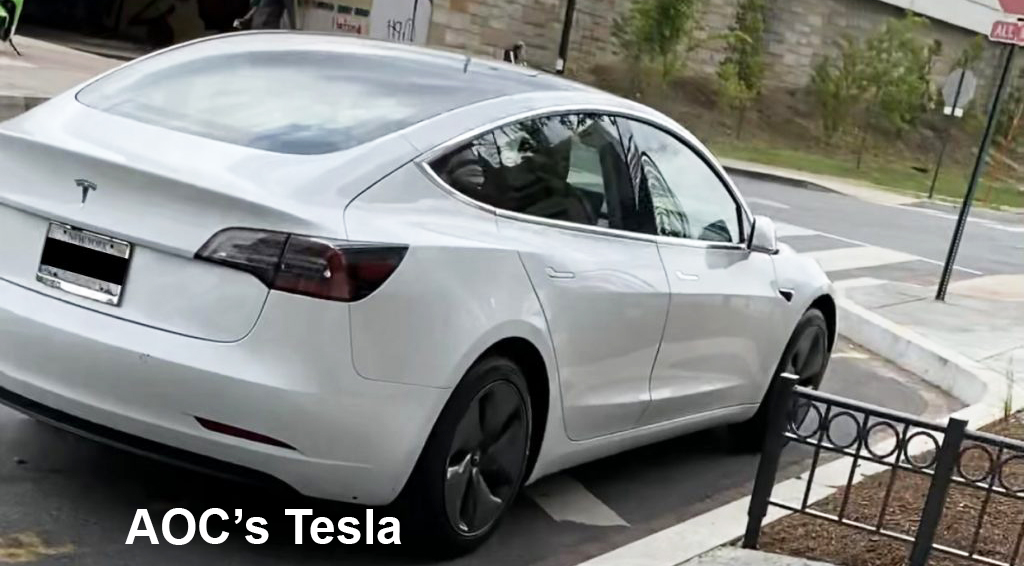Kerby Anderson
Charles Cooke tells a story about a friend who was taken on the 18th birthday and forced to take out $70,000 in student loans and then forced to go to college. At the end, he complained about having to pay back that student loan.
He was, of course, kidding about the story that he used to explain how some college graduates and some politicians make it seem like student loan debt was extracted at the point of a gun. The current “demand” for the federal government to pay off student loans has been increasing. That is why he wrote a column about it.
The current argument goes something like this. “If I didn’t have to pay my loans, I’d have more money to spend on consumer products, which would have a beneficial macroeconomic effect.” Another line is: “If I didn’t have to repay my loans, I could get on the property ladder.”
He counters by using the same argument for other working people. For example, “If I didn’t have to pay my mortgage, I’d have more money to spend on consumer products, which would have a beneficial macroeconomic effect.” Here is another justification: “If my plumber didn’t have to make the payments on the F-150 he uses to transport his equipment, he would be more readily able to buy a home.”
The possible response to such counter arguments might be that student loan debt is different. But is it any different? You might argue that going to college benefits society, but that is a debatable point. And think of the benefit to society coming from working people who never went to college but perform needed services.
He closes by quoting Alexandria Ocasio-Cortez who argues that her $17,000 in student loan debt is “unacceptable.” This claim is coming from the member of Congress who makes $175,000 a year and recently bought a Tesla.
 Listen Online
Listen Online Watch Online
Watch Online Find a Station in Your Area
Find a Station in Your Area











 Listen Now
Listen Now Watch Online
Watch Online
